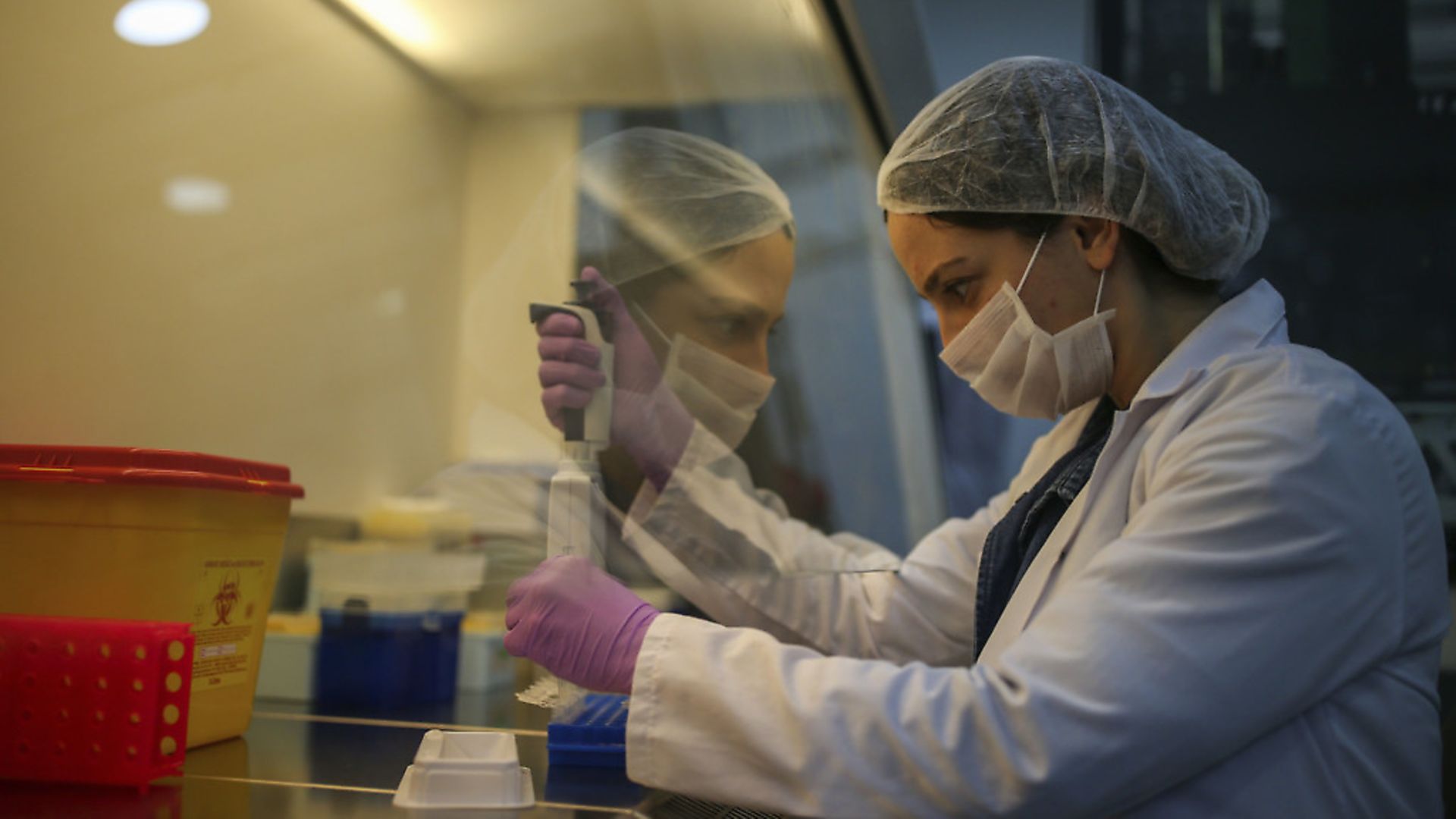
The public will be able to conduct coronavirus antibody tests at home within a matter of days, rather than weeks and months, MPs have heard.
Professor Sharon Peacock, director of the National Infection Service, Public Health England (PHE) told the Science and Technology Committee that it could be ready for the public in Boots stores or for home use in a matter of days.
3.5 million tests had been bought and would be available in the ‘near future’.
She said the tests would also allow key workers – like doctors and nurses – to go back to work if they have developed antibodies.
Last week Boris Johnson said the tests would be ‘game-changer’ in the response to the virus.
Have your say
Send your letters for publication to The New European by emailing letters@theneweuropean.co.uk and pick up an edition each Thursday for more comment and analysis. Find your nearest stockist here or subscribe to a print or digital edition for just £13. You can also join our readers' Facebook group to keep the discussion and debate going with thousands of fellow pro-Europeans.
Prof Peacock said a small number of tests – which show whether an individual has antibodies for Covid-19 – would be tested in a laboratory before being distributed via Amazon and in places like Boots.
She added: ‘Once we are assured that they do work, they will be rolled out into the community.
‘Taking the test is a small matter and I anticipate that it will be done by the end of this week.
‘In the near future people will be able to order a test that they can test themselves, or go to Boots, or somewhere similar to have their finger prick test done.’
Asked whether this meant it would be available in a number of days, rather than weeks or months, she said ‘absolutely’.
MPs were told the tests look similar to pregnancy tests and would involve a single prick blood test.
They heard two models were being looked at – one which involves ordering the kit online and performing the test at home, before sending it back to get the result.
The other would involve going somewhere like Boots where the prick test could be conducted and then a drop of blood would be put on a filter paper and tested.
Prof Peacock said PHE would also be asking some people to take a second bloody test to make sure the tests are working properly.
Asked how much the test would cost, she added: ‘I can’t comment on that, but I would have thought that it would be an absolutely minimal charge if there was a charge.’









